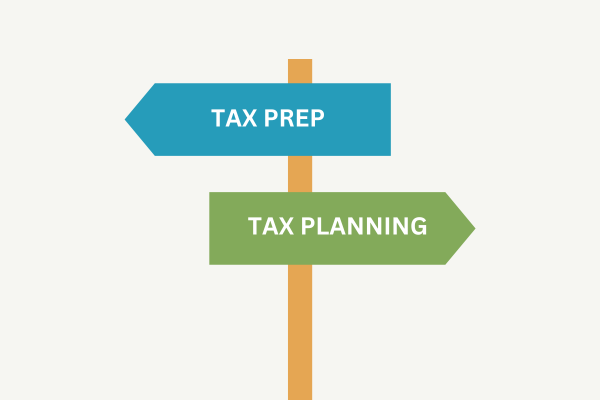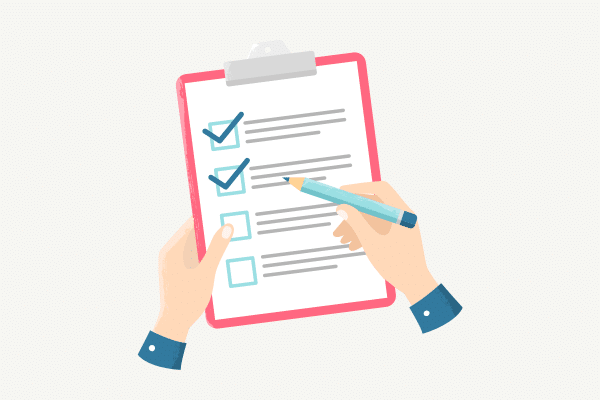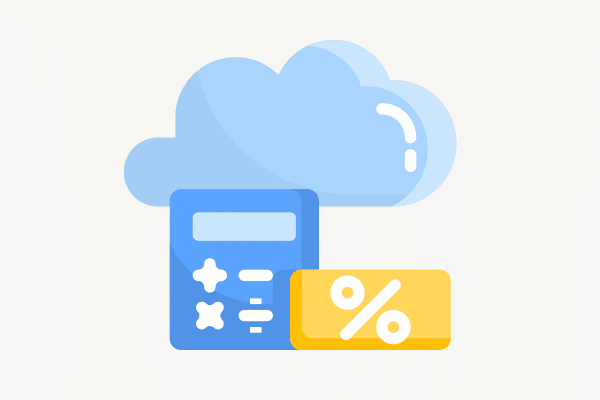
If you run a small business or are self-employed and pay taxes annually, you might be missing out on savings due to inefficient tax planning. Paying your tax bill all at once at the end of the year might seem straightforward, but it can lead to poor cash flow and those dreaded IRS penalties.
In this article, we’ll explore the difference between proactive tax planning with a Certified Public Accountant (CPA) and the more reactive process of tax preparation. If you’re not sure where to start, a CPA can help you get organized and ensure you’re not overpaying—or underpaying—your taxes.
❓ What Is Tax Preparation?
Tax preparation is the annual ritual of getting your tax return ready. It involves gathering all your financial documents and organizing them according to the latest IRS guidelines. This once-a-year task is purely transactional and doesn’t offer ongoing advice that could help lower your taxes, especially when compared to the continuous nature of tax planning.
Depending on your industry and experience, tax preparation can be time-consuming and stressful. It’s best to start early, but even then, tax prep often doesn’t give you the flexibility to maximize your savings. If the complexities of tax prep leave you frustrated and overwhelmed, you’re not alone.
❓What Is Tax Planning?
Ever find yourself filing taxes in the spring and hearing, “You should’ve called me last year to save some money”? That’s where tax planning comes in.
For those owning a pass-thru business, your tax bill is tied to your personal IRS1040 return, based on your business profits. Many businesses wait until taxes are due and pay in a lump sum, but this approach is far from efficient. It can even lead to penalties if you owe a significant amount.
Tax planning is a proactive approach, where you estimate your tax liability throughout the year by tracking income and expenses. This ongoing process allows for regular adjustments and recommendations that can reduce your taxable income before the year ends. Regular consultations with your CPA throughout the year are essential for staying ahead of the game. Efficient tax planning can boost your cash flow and keep more money in your pocket.
For instance, if a company waits until the end of the year to prepare taxes, it might have overspent throughout the year. In contrast, ongoing tax planning allows you to manage taxable income wisely, pay only what’s required, and maintain better cash flow for wealth planning.
❓ Why Is Tax Planning Beneficial?
Tax planning is crucial for any business. As mentioned earlier, ongoing planning alleviates cash flow stress when taxes are due in April and maximizes tax efficiency by legally lowering your taxable income throughout the year.
Moreover, tax planning gives you control over when and how you pay taxes, potentially reducing the overall tax burden. When done correctly, tax planning is the most reliable way to manage your business finances.
❓ What Can a CPA Firm Do?
Certified Public Accountants (CPAs) are experts in all things tax-related. They stay up-to-date with the latest IRS regulations and work closely with businesses like yours to offer ongoing tax planning strategies. With a CPA by your side, you can ensure you’re only paying the taxes you owe—and not a penny more—while also exploring tax deferral strategies to save even more.
CPAs are well-versed in federal tax laws and can offer guidance that helps you avoid missed deductions or costly penalties. By outsourcing your tax planning to professionals, you can focus on your day-to-day operations while knowing your finances are in good hands.
Tax planning isn’t just about meeting your tax obligations; it’s about creating a financial strategy that supports your business goals. With a qualified CPA team, tax planning can lead to significant savings and even help grow your wealth.
Why give the IRS more than you have to?
At Insogna CPA, we believe tax planning is a year-round strategy. Don’t wait until the last minute—reach out to us today and start saving with a personalized tax strategy that works for your business in 2024 and beyond.







